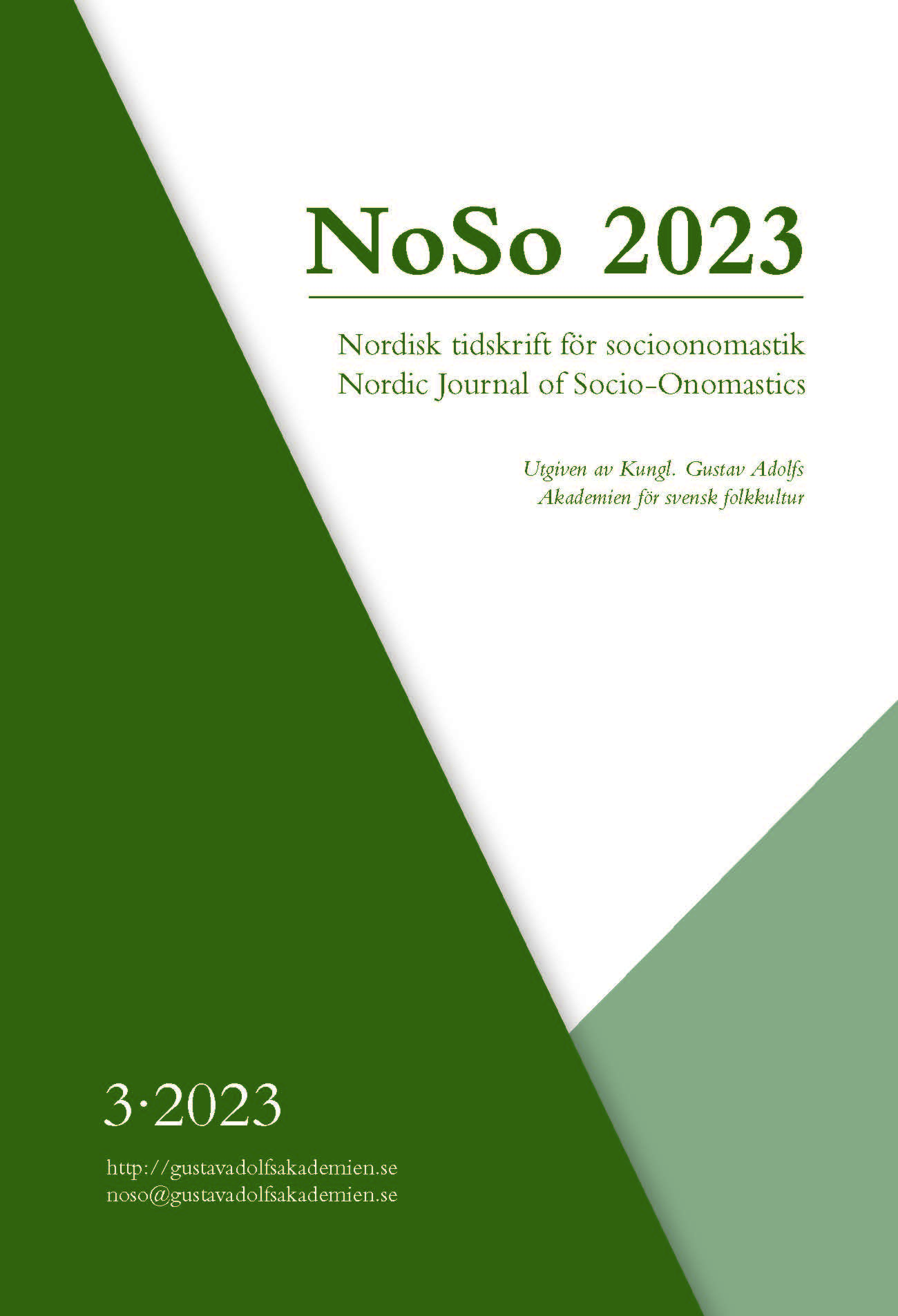Lunatics and idiots
The effect of semantic shifts on naming and labelling in the British Parliament, 1950-2000
DOI:
https://doi.org/10.59589/noso.32023.14413Keywords:
people with mental illness, labelling, parliamentary discourse, group membership, social identity, representationAbstract
This article studies the sense development, semantic shifts and use of words referring to people with mental illness in public discourse in the latter half of the 20th century. The focus is on the process of labelling or naming, which often reflects a more prevalent, societal attitude either in favor or against particular group memberships. The results show that while the old terms underwent a semantic change around the Second World War, their use continued in the latter half of the 20th century. Terms such as lunatic and idiot were used as intensifiers, for comedic purposes, and as distancing devices in intergroup relations and were no longer referential to medically diagnosed mental health conditions.







